

Tunisian-Jewish businessman Alain Berrebi (Michel Boujenah) courts Ashkenazi princess Arlette Stern (Elsa Zylberstein). Her father David (Maurice Chevit) learns of the death of a rural Auvergne peasant who once hid David and his cousin Nathan (Felix Fibich) from the Nazis. Nathan is now a NYC diamond dealer on West 47th Street. David, Nathan, Arlette, and Berrebi head for the funeral in Auvergne. There they encounter the deceased peasant's son, Jean Bourdalou (Gerard Depardieu), who operates the family's restaurants in Paris. Arlette does a romantic take on Bourdalou, which sends the distraught Berrebi off to cry on the shoulder of his mother Gaby (Gina Lollobrigida). Back in Paris, Bourdalou and Berrebi make plans to open a trendy fashion restaurant in Manhattan.
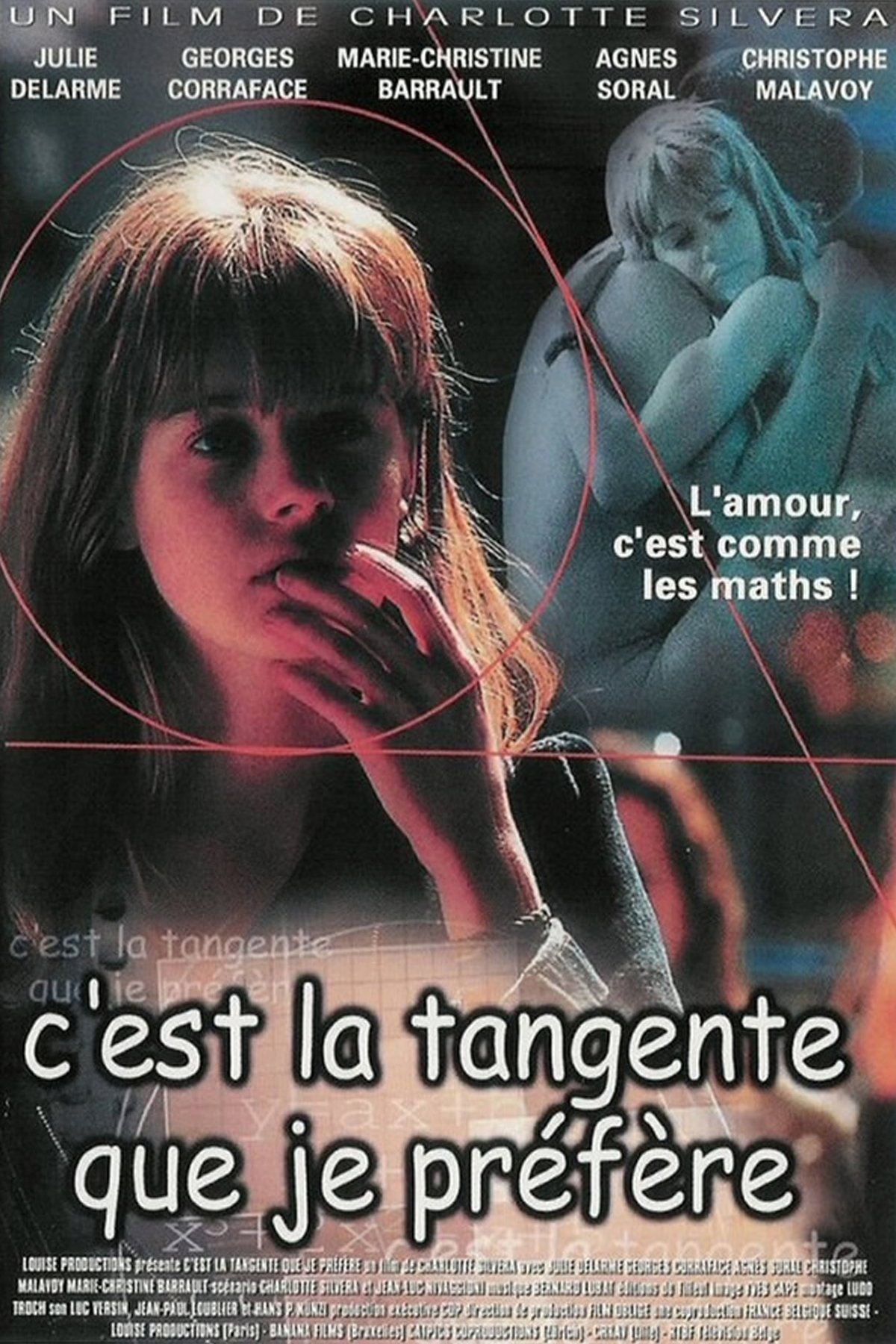
A highly intelligent teenage girl has an affair with a 40-year-old man.
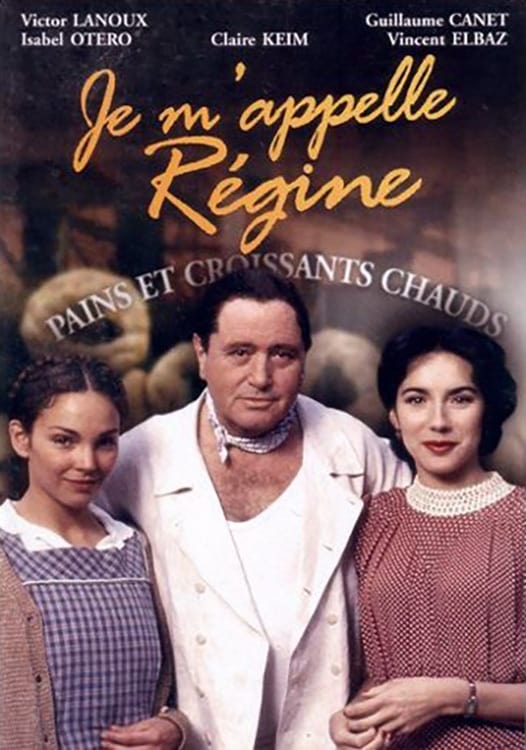
This TV movie is adapted from the memoirs of the singer Régine, in which she recounts her youth and her beginnings in the music hall.
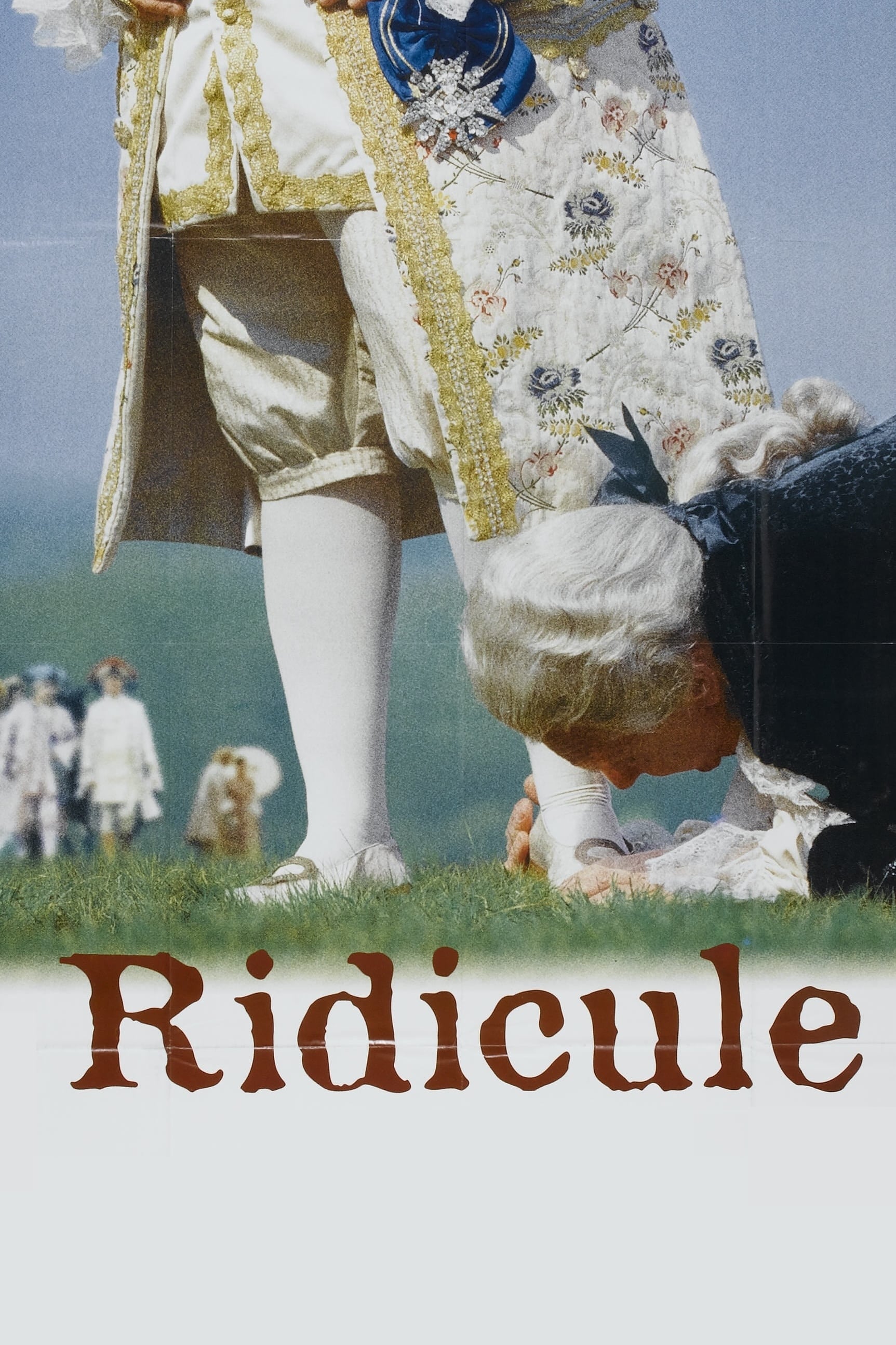
To get royal backing on a needed drainage project, a poor French lord must learn to play the delicate games of wit at court at Versailles.
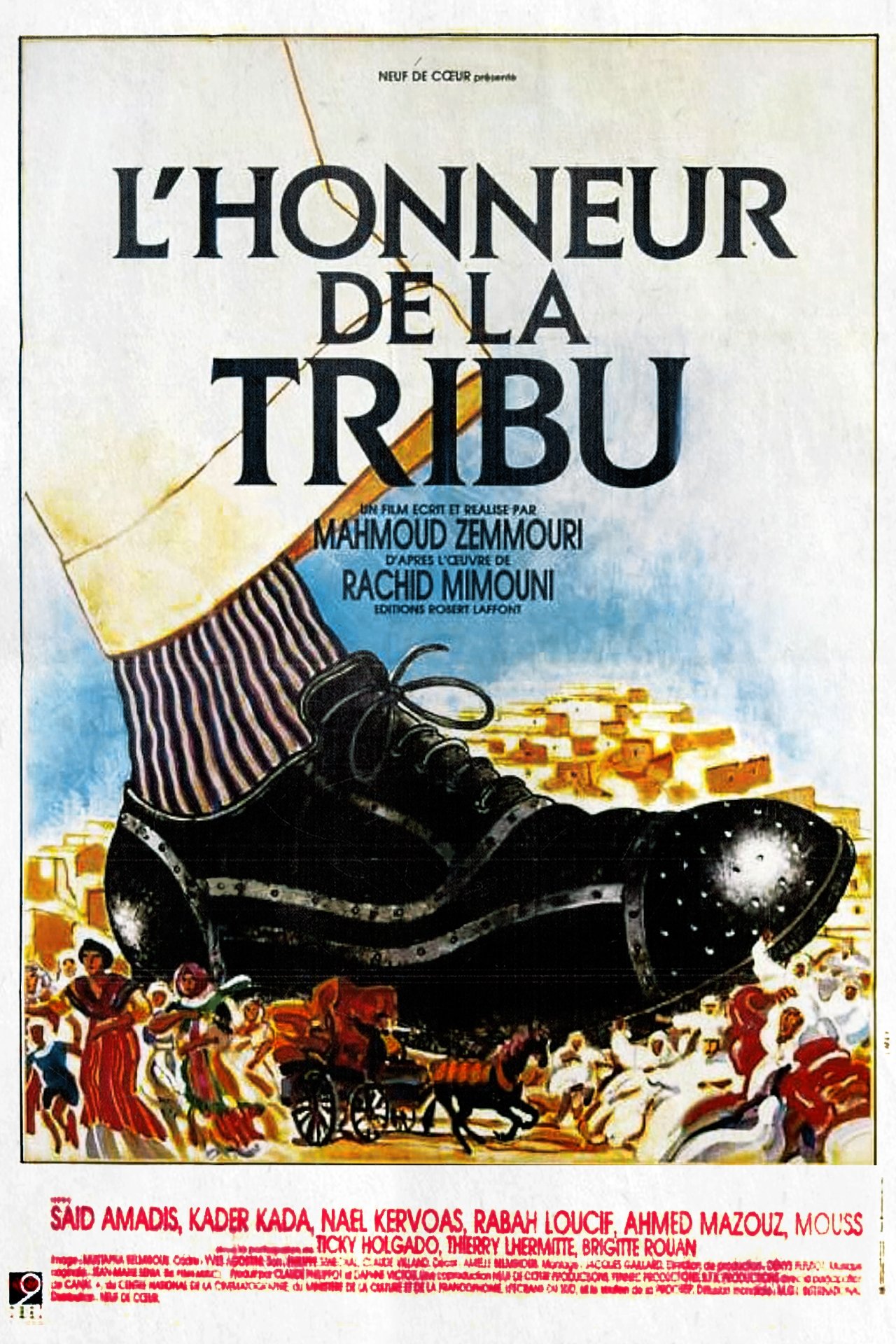
Like every year in Zitouna, a bear handler passes by. With his creature, he comes to challenge the small community. And like every year, it is Slimane El Mabrouk who defends the honor of the tribe. But this time, he dies, leaving two orphans, Omar and Ourida. Robbed of their inheritance, the children will grow up alone. The years pass, the French army settles in, and with it, the war. Mysteriously, one day, after the murder of a French legionnaire, Omar disappears into the bush, while his sister dies in childbirth. Omar will return to the village, much later, once independence has been acquired, as a representative of power and with this enigmatic formula: "You must know that the Revolution has not forgotten you". Personal revenge? Sincere desire to bring progress and modernity? ... The inhabitants of Zitouna, upset in their ancestral way of life, will not be long in having an answer to their questions.

A successful playwright reflects on his journey from his Armenian roots to adapting in France, forty years after his family's move to Marseilles. He now goes by a new name to fit in better with French society.
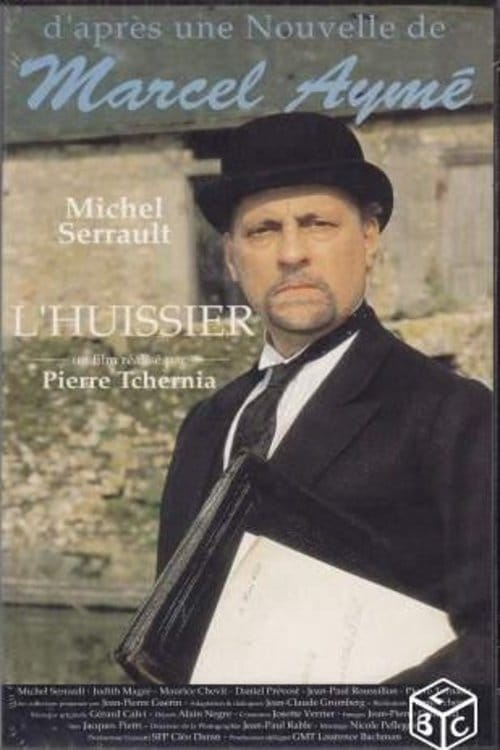
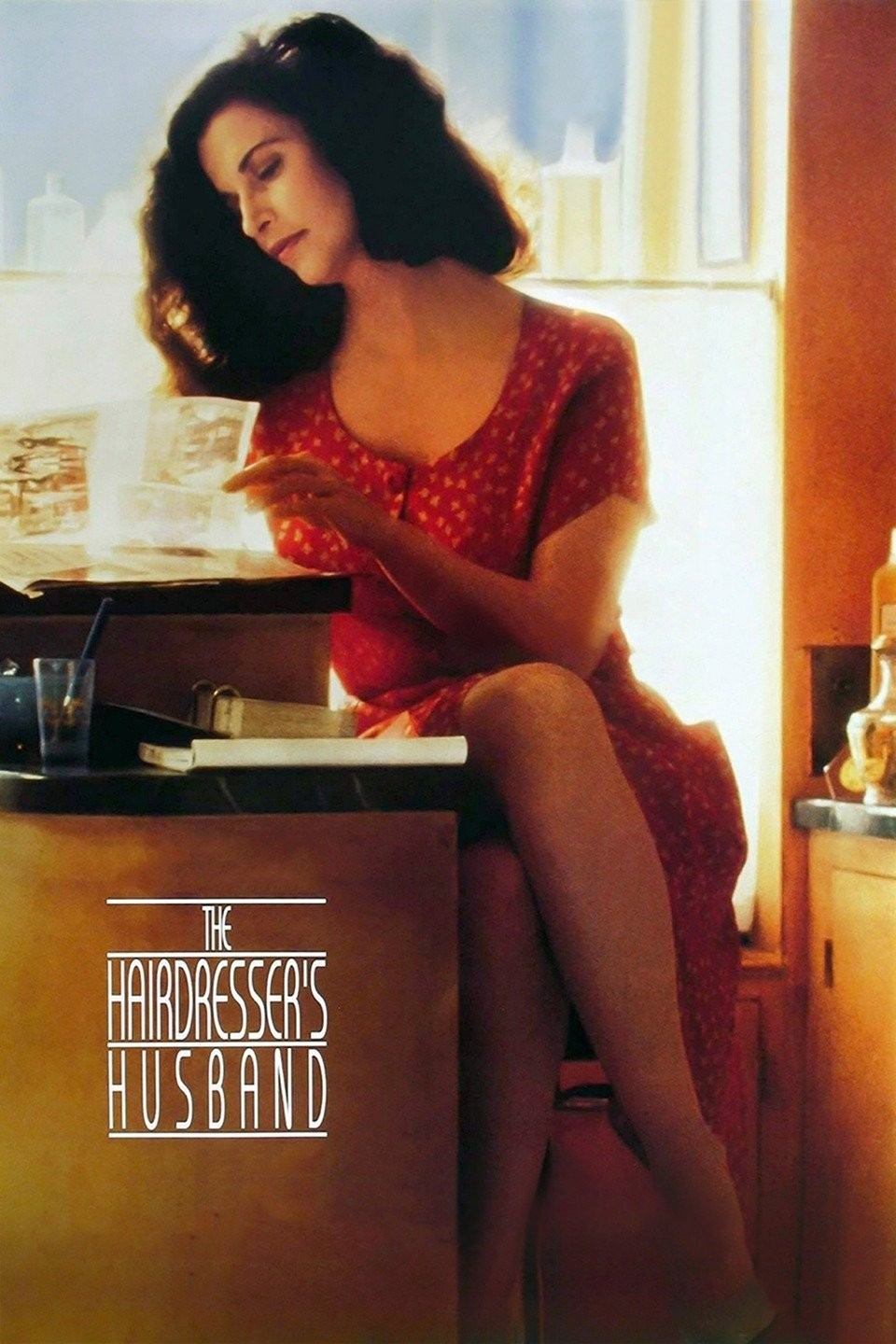
The film begins with a flashback from the titular character, Antoine. We are introduced to his fixation with female hairdressers which began at a young age. The film uses flashbacks throughout and there are frequent parallels drawn with the past. We are unsure what Antoine has done with his life, however, we know he has fulfilled his childhood ambition, to marry a hairdresser.
Jeanne is a woman who is driven by her very active conscience. She attempts to assuage her idealistic bent by trying out life as a nun, but this doesn't work out. After she leaves the convent, she takes a job at a factory, where the callousness of management spurs her to become a labor activist. Her efforts are marked by great persistence and fervor, but she lacks any kind of diplomacy or persuasiveness, and as the years progress, she manages to alienate everyone in her life. By the end of the film, there is only one way that she can see to resolve the horrible situation she finds herself in.
Maurice Chevit (31 October 1923 – 2 July 2012) was a French actor. Maurice Chevit made his theatrical début just after the Second World War, and made his first screen appearance in 1946 in René Clément's film Le Père tranquille. In August 1950, the Theatre de la Huchette in Paris presented Pepita ou Cinq cents francs de bonheur, a three-act comedy that Chevit co-wrote with Henri Fontenille; Chevit himself appeared in it, playing alongside Jacqueline Maillan, Pierre Mondy and Jacques Jouanneau. He was seen in many small film roles during the 1950s and 1960s, working with producers such as Henri Decoin and André Cayatte, but he was best known as a stage actor. Source: Article "Maurice Chevit" from Wikipedia in English, licensed under CC-BY-SA 3.0.
By browsing this website, you accept our cookies policy.